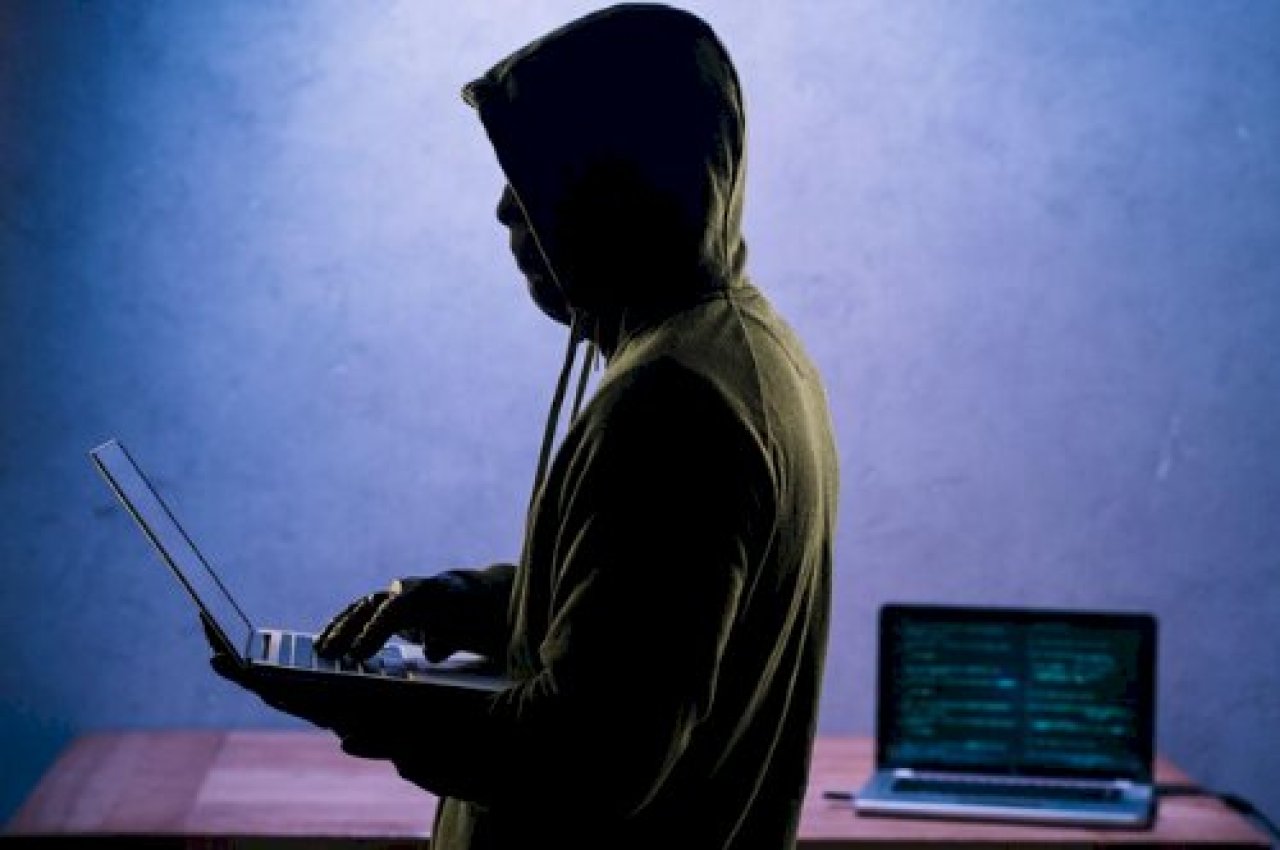5 Sure Ways to Protect Your Laptop from Cyber Criminals.

Till date, some people do not use modern gadgets because they claim not to feel safe to have virtually all their information inputted and stored on a device that can get stolen or hacked at any time. According to them, using tech devices like smartphones and laptops is just as good as making all your private information accessible to people who shouldn’t have them. Although the possibility of your device being hacked cannot totally be erased, you also shouldn’t deprive yourself of the awesome and productive things you can get done with a good laptop or phone in your possession. Before we dive into how you can protect your laptop, let’s help you understand how these cybercriminals operate. They are also called hackers or cyber crooks and according to Enigma Soft, they create about 57,000 scam websites weekly. Some of the major crimes perpetrated by these set of people include cyberstalking, privacy theft, invasion of privacy, online harassment, and a host of others. We all need to be sensitised and aware that cases of cybercrimes really do exist, especially when your laptop or other internet-enabled device is not properly protected. They could replicate a legitimate website just to collect personal information of users, use your information to partake in crime, bully and stalk you consistently, just to say the least. In some cases, they even begin to stalk their victim in real life. Now that we are aware of some threats posed by these criminals all around the world, here are 5 sure ways to protect your laptop from them.
Use A Strong Alphanumeric Password
Obviously, the use of passwords is a step in the right direction. A good or strong password is one consisting of upper and lowercase alphabets, numbers, as well as special characters/symbols. This type of password is more difficult to break than when you use a word that can be guessed or easily found. However, don’t forget that the creation of several applications has led to the need to always create an account and sign in to validate your identity. If you create a new password for each website you visit or app you sign up to, you could get overwhelmed with trying to memorise those passwords. A simple trick is to have different passwords for different purposes, while the same password can be used to sign into similar accounts. An example is having a password you use for all financial related transactions, having a general email password, having another for movie and entertainment platforms, e.t.c This way, if one password is hacked, you will not be afraid that all your accounts are at risk. Apart from securing apps and other websites with a strong password, you must also do the same with your laptop as a whole.
Use Anti-virus and Security Software
Cybercriminals are also known to develop viruses that could be transferred to an internet user’s laptop and cause havoc. With a good anti-virus or security software, you can clean out any virus or harmful process that could affect your laptop negatively. Furthermore, security software is created to also detect strange activities on your accounts such as unauthorised login, transfer of information, and other methods of privacy invasion. The great thing is that there are so many free antivirus and security software available, but the paid versions usually have more options and are a lot more effective. However, cautiously select which software to use to be sure that they weren’t developed by these criminals.
Navigate Only Secure Sites
The easiest way to know if a site is secure is by checking for the small padlock or a green mark usually very close to a website’s URL. Also, before you navigate any website, ensure that it is a protected site; a protected site is one with ‘https://’, rather than ‘http://’. There’s a huge difference between both of them. A ‘https://’ website is protected by Secure Sockets Layer (SSL) or even the Extended Validation Certificate (EV SSL) -which is a higher level of security and has a green padlock. One more thing you could do to check the security of a website is by clicking the small padlock to check for the site’s certificate validity, the issuer of the certificate, who it was issued to, as well as the validity period. Ensure that the name of the website is the same as the company the certificate was issued to. Never input your personal or financial information into a ‘http://’ or unsecured website.
Use Credit Cards for Transactions
Rather than using a debit card to make a payment on e-commerce platforms, make use of credit cards instead. This prevents a potential scammer from knowing how much you have in your account, as well as other details relating to your finances. With a credit card, they can only know how much you have to pay back in terms of credit and interest.
Don’t Forget To Log Out
Especially if you are using a public computer, always remember to log out of every website you visit. In fact, it is always advisable to browse in incognito mode when you are using a shared or public computer as it doesn’t store up your browsing history and it automatically logs you out of accounts as soon as you close the tab. Also, protect your laptop by logging out completely when you are done with work or if you need to step out for a moment. Just like the old saying goes, “it is better safe than sorry.”
With these few tips, you are several steps ahead in protecting your gadgets and online presence from cybercriminals. Remember, never disclose your password to anyone, regardless of who they are to you. If you ever have to do so, always change your password afterwards to prevent the bad guys from creeping in. Now that you are confident about your safety, you could check out some of our fairly used laptops and computers on SellOff.ng. All products are in perfect condition and ready to use as soon as you buy them.







